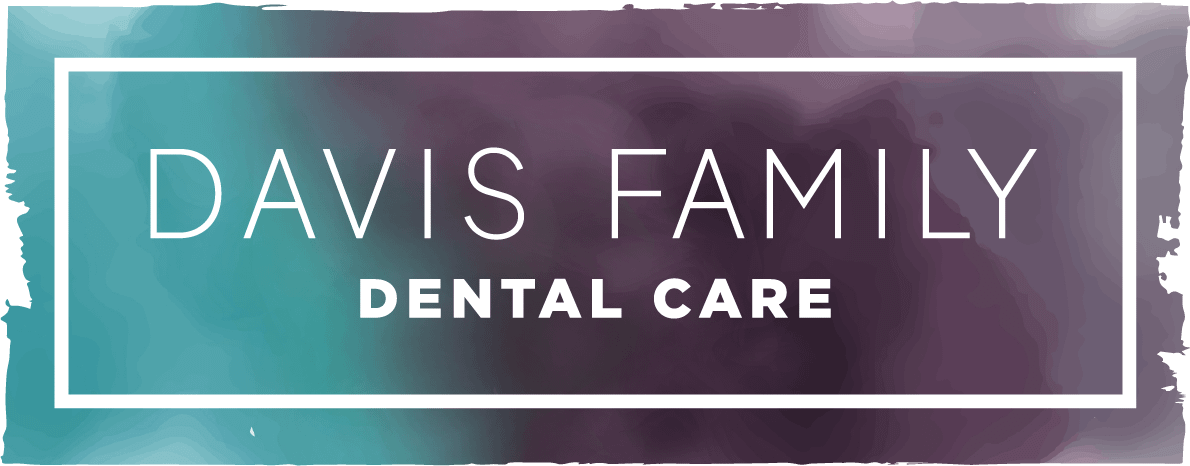Is It Time for Your Wisdom Teeth to Be Extracted?

A wisdom tooth extraction can help your oral health.
What are wisdom teeth?
Wisdom teeth are the third (and final!) set of molars in your mouth. Wisdom teeth often start to appear in your late teens or early twenties. Not everyone’s wisdom teeth will need to be removed, but if they are causing pain, an extraction may be necessary.
Why do wisdom teeth need to be removed?
There are many reasons why you may need to have your wisdom teeth removed. The main reason is that they are causing you pain. Another reason your wisdom teeth may need to be removed is if your wisdom teeth are not aligned properly in your mouth or are crowding out your other teeth.
Also, if your wisdom teeth are impacted, they will need to be surgically removed. An impacted tooth is one that is trapped in the jaw and tissue and may only have partially broken through the skin. Impacted wisdom teeth can cause pain and swelling, and are prone to bacterial infections. Teeth that are impacted are also prone to gum disease and decay.
When should wisdom teeth be removed?
Oftentimes, your dentist or oral surgeon may recommend that your wisdom teeth be removed before any problems develop. An X-ray will help your dentist determine if your wisdom teeth are aligned correctly in your mouth. If it looks as though your wisdom teeth could cause problems in the future, your dentist might suggest they be removed. It is easier for a teen or young adult to have their wisdom teeth removed because their teeth’s roots aren’t fully developed, making them easier and less complicated to extract.
How are wisdom teeth removed?
If a wisdom tooth has come in like any of your other teeth, it can be extracted in your dentist’s office with local anesthesia to numb the gums and extraction area.
If a wisdom tooth is impacted or is presenting at an odd angle, you may need to see an oral surgeon. The oral surgeon will provide you with either sedation anesthesia, which suppresses your consciousness during the procedure making you feel drowsy and relaxed, or general anesthesia, which puts you to sleep. Both of those types of anesthesia are given intravenously, and you will be monitored closely by medical professionals.
The good thing is that all three procedures are outpatient procedures, meaning you can go home the same day.
What to expect after the procedure.
After your wisdom tooth extraction, you will be in some pain, and there will be swelling and bruising. Most people just need an over-the-counter pain reliever, like Tylenol or Advil, and can use an ice pack to help with the swelling and bruising. For the first day, there will also be some bleeding. Your dentist or oral surgeon will put gauze over the extraction site and give you instructions on how often to change the gauze.
After your procedure, your dentist or oral surgeon will recommend you rest for the remainder of the day. Most people will be able to return to normal activities the next day, but need to be aware of any activity that may cause the blood clot to dislodge from the socket. Many providers recommend drinking plenty of water (but no straws!), and avoiding drinks with carbonation, caffeine, alcohol, or drinks that are hot.
For the first 24 hours after a wisdom tooth extraction, it is recommended that you only eat soft foods, like soup, applesauce, and yogurt. After 24 hours, you can try foods that are slightly firmer, but only if you feel up to it. Dentists recommend you avoid hard, chewy, and spicy foods that could cause harm or irritate the extraction site.
Now, this may sound like something your dentist would NEVER recommend, but it is advised that you do not brush your teeth, rinse your mouth, or use mouthwash for 24 hours after your wisdom teeth extraction. Instead, you’ll be advised to swish your mouth with warm salt water every few hours. After the first 24 hours, you can gently brush your teeth, as long as you are careful to avoid your incisions.
If you get stitches that dissolve, you won’t need to head back to the office for a visit. If you receive the type of stitches that don’t dissolve, you’ll need to make a follow-up appointment with your dentist or oral surgeon to have them removed.
Davis Family Dental Care can partner with you in your oral health.
A wisdom teeth extraction can sound daunting, but the dentists at Davis Family Dental Care are very experienced in this procedure. We are here to answer your questions and support you through the process of extraction and recovery. If you would like to discuss whether your wisdom teeth need to be extracted, feel free to book in for a consultation. We look forward to helping you maintain the health of your smile.
